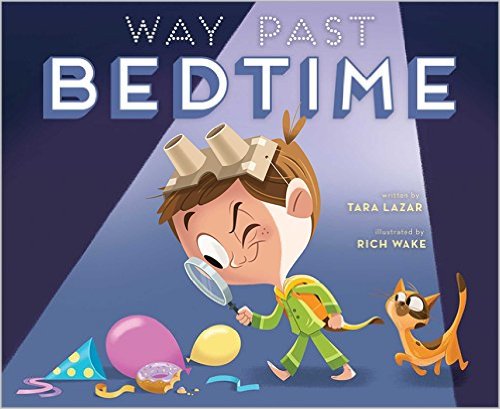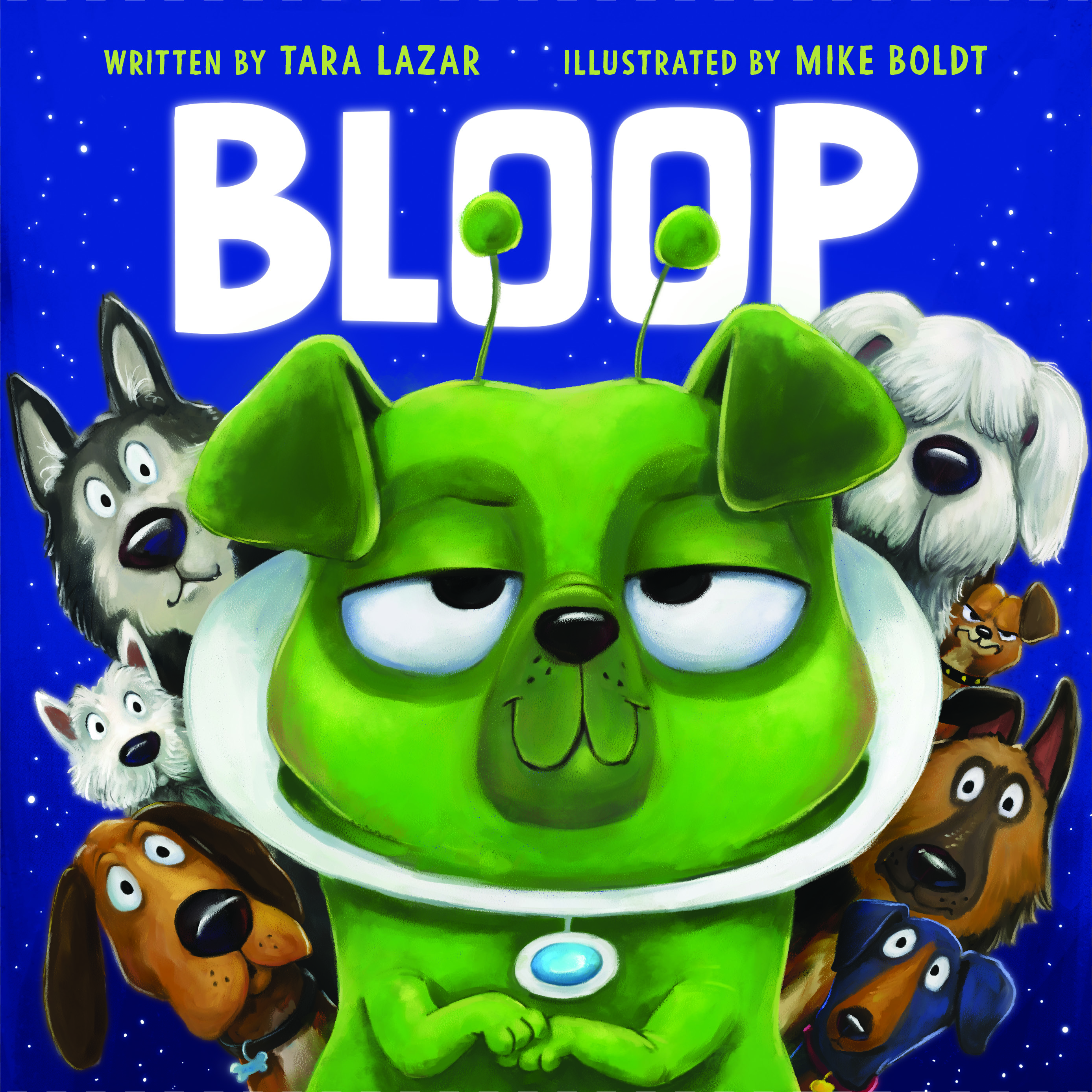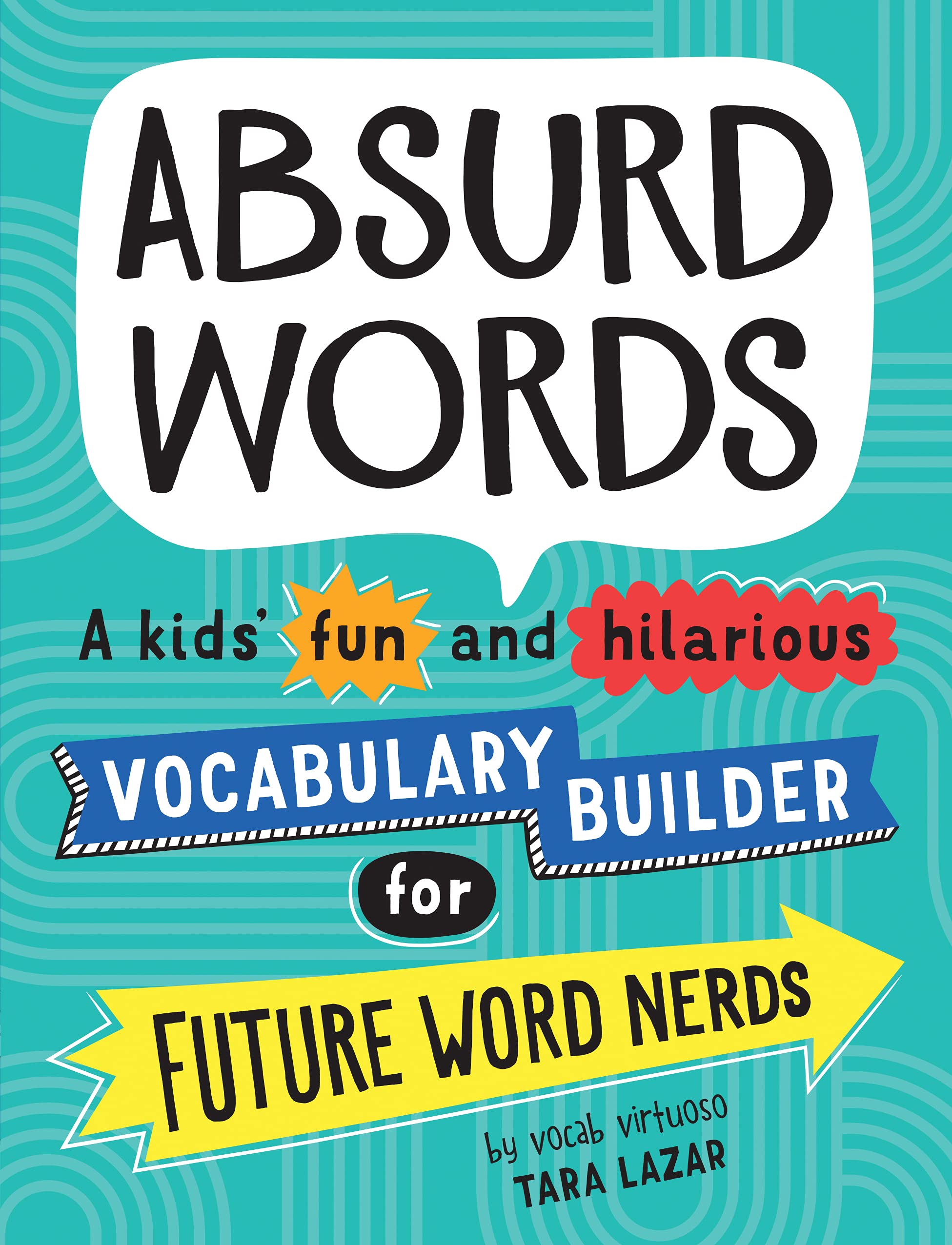Agents and editors have told me they occasionally receive calls from writers who are brand new to children’s books. These aspiring authors ask, “How do I get my book published?”
Kindly folks that they are, these agents and editors don’t slam the phone down. They’ll sometimes spend a few moments providing basic details. But this information can be easily found online. That’s what makes being a new writer so exciting these days: there’s professional advice available via websites and blogs, you just have to search for it. It’s not all so mysterious anymore.
So if you’re looking to launch a kidlit career, please don’t call an agent or editor to learn the basics. Let them read manuscripts, sell books and do their jobs. Come here instead…
A New Children’s Writer’s To-Do List:
- Write.
I knew you’d like that one. - Read children’s books.
Become familiar with the genre in which you write. Understand appropriate length and content for specific age groups. See what’s being published. Don’t follow trends, but know the competition. When pitching editors and agents, it’s often helpful to compare your book to another title. You can’t compare if you aren’t well read. - Join SCBWI.
Take advantage of their resources—local chapter events, national conferences, online discussion boards and publications. - Join a critique group.
Find fellow writers who work in the same genre as you. They provide support, motivation, and helpful feedback. (And if you can, find a group with writers who are more experienced than you.) P.S. Your mother, daughter, spouse, and neighbor’s 2nd grade class are not a critique group. - Attend workshops, conferences and events.
Seek out opportunities to learn and network with authors, agents, editors and writing peers. - Read books on the craft.
Writer’s Guide to Crafting Stories for Children by Nancy Lamb
Writing Picture Books by Ann Whitford Paul
Writing for Children and Teens by Cynthea Liu
Writing with Pictures by Uri Shulevitz - Revise and rewrite.
It’s not going to be right the first time (or maybe even the second or the fifteenth). It’s just not. Resist the temptation to submit an early draft to a publisher. - Take time to develop your skill.
Your writing will improve with practice. Most professional authors need at least two years of serious writing to hone their craft, and it’s not unheard of to work for ten to fifteen years before becoming published. - Submit when you have more than one project polished.
Finished your first manuscript? Keep writing. If an editor or agent likes your manuscript, but not enough to make an offer, they may request other material. Have a few manuscripts at the ready. - Learn to have patience.
It can take many years to write publishable material, sell your first project, and develop a career. Even after you become published, the business is still full of waiting—waiting to hear from your agent and/or editor, waiting for a book to be released, waiting to earn out. You will never NOT be waiting. Patience and perseverance are key. - Call yourself a writer.
Because you are one!
If you have some newbie suggestions, let’s hear them. Please leave a comment.















10 comments
Comments feed for this article
July 20, 2009 at 2:50 pm
Roger C. Parker
Great idea.
I’d like to build on your Point 2, “Read Children’s Books” and suggest you focus special attention on those books, and those authors, who have enjoyed decades of popularity.
For example, books like Ed Emberly’s “Drawing Books” for children, i.e. “Ed Emberly’s Drawing Book of Trains,” “Ed Emberly’s Drawing Book of Trucks,” “Ed Emberly’s Draw Yourself a World, etc.”
One of the lessons that his books teach is the idea of creating a visible brand and maintaining it over time.
Just a thought–great blog site!
Roger C. Parker
July 20, 2009 at 4:54 pm
tara
That’s an excellent addition, thanks!
I loved Ed Emberly’s drawing books as a child and I’ve bought them for my own kids.
July 20, 2009 at 5:56 pm
slgreatsuccess
12. Have a strong imagination!
July 20, 2009 at 6:51 pm
Book Chook
Great list Tara! My addition would be research. Fiction writers too. One of the things that most impresses me when I am reading/reviewing is when writers and illustrators have so thoroughly researched setting, time, style etc that I feel immersed in the book.
July 20, 2009 at 7:38 pm
Jacqueline Pearce
This may be covered in point #10, but I’d add: Don’t let rejections get you down, and don’t give up (remember, the first Harry Potter novel was rejected by 10 different publishers before J.K. Rowling finally sold the story). In Canada, writers can submit stories directly to publishers, and receiving a rejections letter with some constructive and encouraging comments added, is one step closer to becoming published (so celebrate “good” rejection letters).
Great post!
July 20, 2009 at 7:49 pm
Jacqueline Pearce
P.S. A good source of info on publishing in Canada is CANSCAIP (Canadian Society of Children’s Authors, Illustrators and Performers): http://www.canscaip.org/faq.html
July 20, 2009 at 11:18 pm
Ruth Spiro
My tip: Get to know as many published children’s book authors as you possibly can. You can do this through SCBWI, writing conferences, bookstore and library events. You’ll find we’re a very friendly and helpful bunch! I’ve found it to be the best way to educate myself about the publishing business, and I’ve made wonderful new friends. Now I have a network of “experts” to call upon when I have questions, and I’m happy to reciprocate when I can.
July 21, 2009 at 5:47 pm
Kelly H-Y
Great list!!
July 23, 2009 at 11:03 am
Jacqui Robbins
This is a great list. Thanks!
July 30, 2009 at 8:07 pm
anitanolan
Great list, Tara!
anita